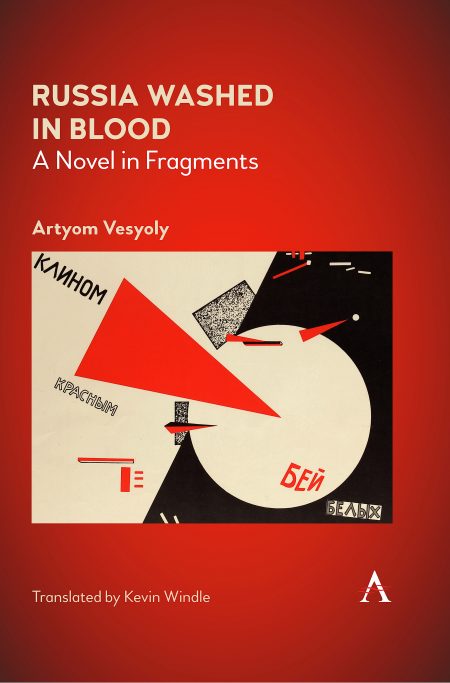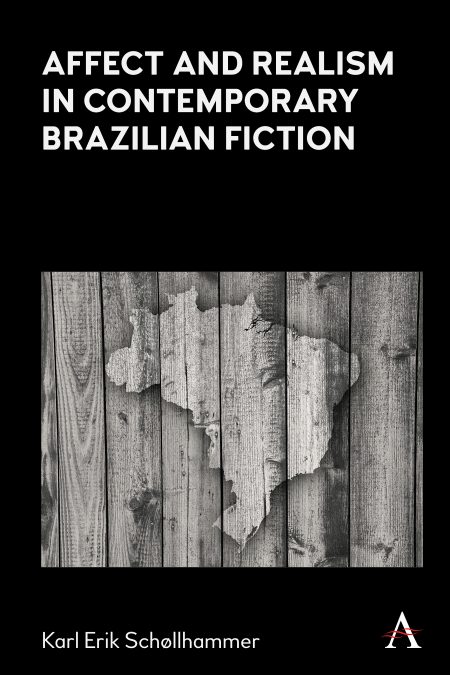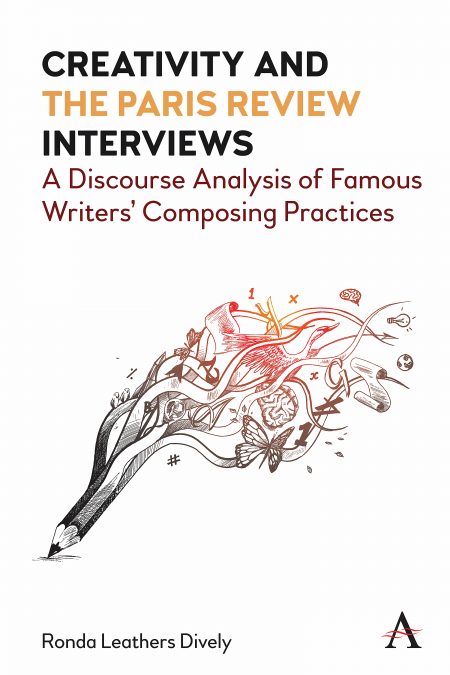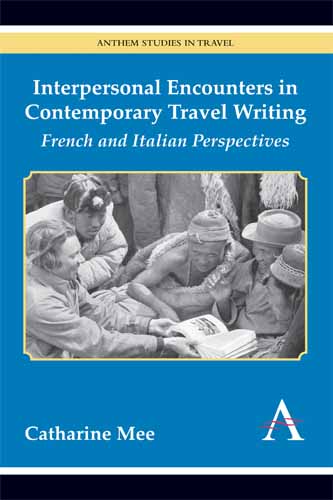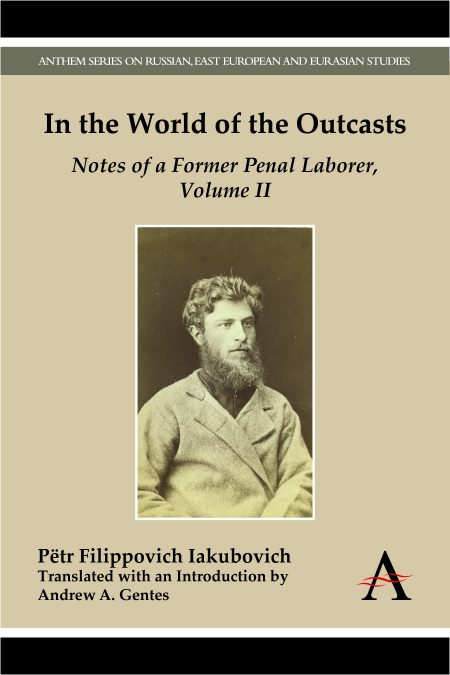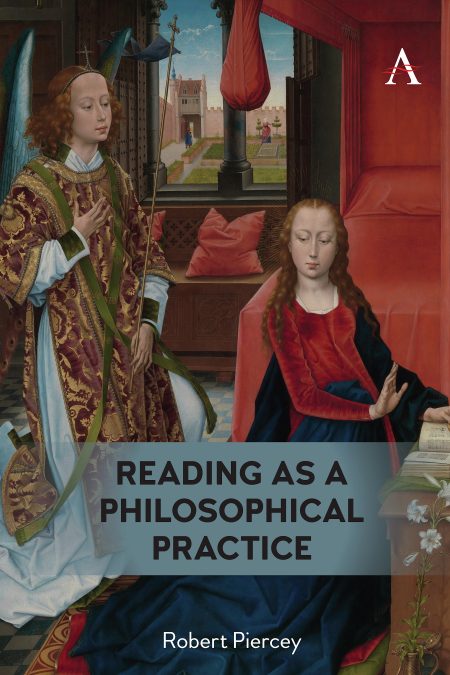Animal Presence and Human Identity in Modern Literature
(Dis)figurations of Humanimality from Shakespeare to Desai
Kimberly W. Benston
Select Format
Title Details
- ISBN: 9781785279614
- January 2025
- Pages: 250
- Imprint: Anthem Press
Animal Presence and Human Identity in Modern Literature explores literary representations of the human-animal encounter in modernity that press human “being” to its limits. This project arises within the question, “Can an animal die?,” formulated in response to Martin Heidegger’s famous assertion that, properly speaking, animals cannot “die” but can only “perish,” an assertion that sharply summarizes western “humanist” philosophical discourse – particularly as etched in the “modern turn” initiated by Descartes – in which the “human” emerges precisely as that (non)animal which enjoys a distinctive relation to both the inner essence and outer edge of existence. Recently – most notably in the late works of Giorgio Agamben, Gilles Deleuze, Jacques Derrida, Julia Kristeva, and Emmanuel Levinas – philosophers have interrogated the grounds of Heidegger’s formulation, putting into question its assumption of unnavigable distance and un-negotiable difference between humans and (other) animals, drawing partly on Darwinian conceptions of a biologistic continuum among creatures, partly on ethological revelations of animal “capacities,” and partly on ideas intrinsic to philosophy itself, such as a demystification of binarism as an instrument of philosophical structure and analysis.
The book’s overarching thesis is that, taken together, texts – including Shakespeare’s King Lear; Eliot’s Middlemarch; Wells’s The Island of Doctor Moreau; Atwood’s Surfacing; and Desai’s Clear Light of Day – are both distinctive in their figurations of the human-animal relation and representative of a wide spectrum of literary instantiations of the “question of the animal” for post-Enlightenment western culture.
Kimberly W. Benston is Francis B. Gummere Professor of English and Africana Studies at Haverford College, where he has also served as Provost and President.
Introduction: Literature and “The Animal” As Such; “Why Should a Dog, a Horse, a Rat Have Life?”: King Lear and the Ethics of Encounter; “The Roar on the Other Side of Silence”: Middlemarch and Sympathetic Imagination; “When Suffering Finds a Voice”: The Island of Doctor Moreau and the Language of Pain; “The Power to Kill”: Surfacing and the Ethics of Abject Humanimality; “Eat Your Meat”: Clear Light of Day and the Borderlands of Animal Ethics; Conclusion: Toward an Ethics of Humanimality as First Philosophy.
Related products
-
Russia Washed in Blood
A Novel in Fragments
Artyom Vesyoly
translated by Kevin Windle
introduction by Elena Govor, Kevin WindleAugust, 2020
£200.00 / $200.00 -
Affect and Realism in Contemporary Brazilian Fiction
Karl Erik Schollhammer
December, 2020
£125.00 / $125.00 -
Creativity and “the Paris Review” Interviews
A Discourse Analysis of Famous Writers' Composing Practices
Ronda Leathers Dively
February, 2022
£125.00 / $125.00 -
Interpersonal Encounters in Contemporary Travel Writing
French and Italian Perspectives
Catharine Mee
March, 2014
£115.00 / $115.00 -
In the World of the Outcasts
Notes of a Former Penal Laborer, Volume II
Pëtr Filippovich Iakubovich
translated by Andrew A. Gentes
introduction by Andrew A. GentesFebruary, 2014
£130.00 / $130.00 -


